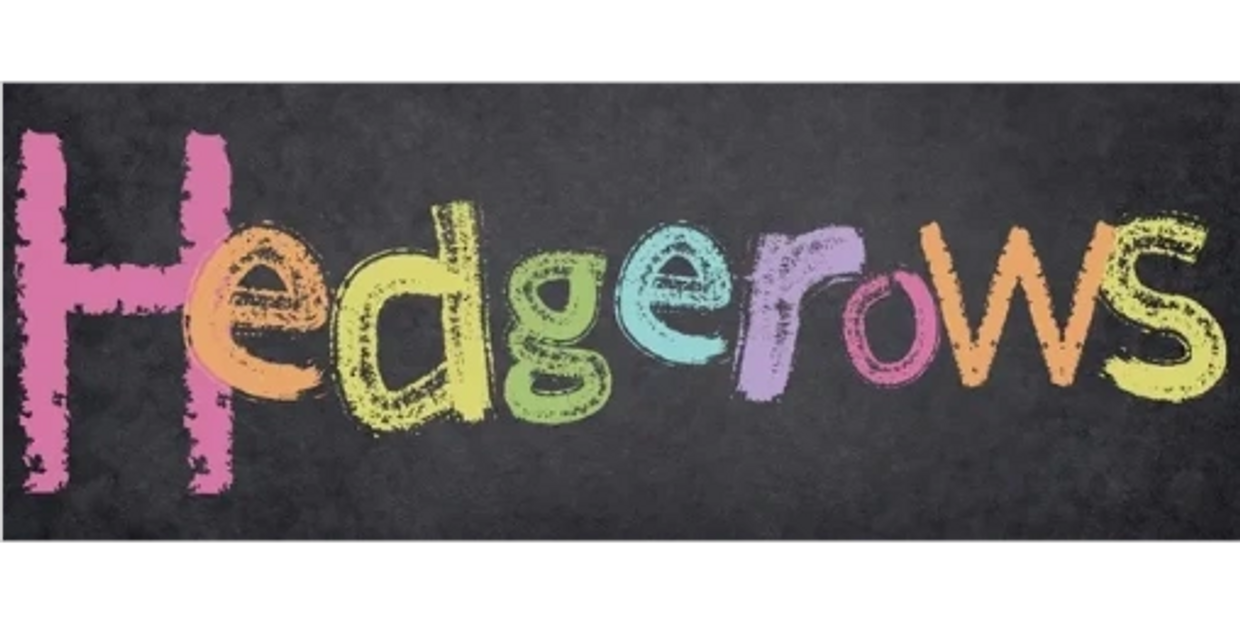Signed in as:
filler@godaddy.com
Signed in as:
filler@godaddy.com

Impeccable Health and Safety
The health and safety of each child is our number one priority. Firstly, we ensure a clean environment and uphold high sanitary standards that limit the spread of germs and viruses. Secondly, all teachers and assistants are qualified First Aiders. Thirdly, we have strict access control with 24-hour CCTV monitoring. All activities are always under complete supervision and outdoor play is carefully monitored to prevent any avoidable accidents.
A Health Policy document is sent to each parent when their child enrolls, that stipulates standard procedures and protocols for illnesses and injuries.
Emotional and Physical Wellbeing
Promoting emotional well-being in children involves fostering self-awareness, resilience and interpersonal skills. We do this by encouraging open communication, validating emotions and teaching coping strategies that contribute to a positive emotional foundation.
We focus on providing a healthy diet, regular exercise and sufficient sleep/resting opportunities within a safe environment that will assist with each child’s physical well-being.
Inclusive Learning Environment
All children are valued and respected, regardless of their ethnicity, nationality, family composition, religion or abilities. It is our aim to create a safe and respectful environment that allows for diversity to be embraced. Embracing diversity creates awareness in children that although people seem different, they are all still people. This gives children the social tools and confidence they need to flourish in a diverse world.
Open engagement with Parents
It is crucial to have effective communication between parents and teachers if we want to ensure a child’s wellbeing. We utilize WhatsApp groups for each class that provide important notices, updates, upcoming events & photos. All teachers are available in the mornings (07:00 - 08:30) for a quick discussion about a child’s immediate needs. Longer discussions, regarding progress updates or other important matters, can be scheduled after teaching hours between 12h30 and 17h00.
Age-Appropriate Development
Our child-to-teacher ratio is around 6:1 and our classes are separated into age groups. This allows our teachers to pay special attention to developmental milestones and create a stimulating environment according to each child’s needs. The class divisions also help our teachers to teach independence and personal growth, through the daily routine and age-appropriate activity transition methods. This means that our children learn a routine by breaking up their day into different time periods where they do specific activities. While we also teach them responsibility by increasing the complexity of the activity as they get older, for example, increasing the number of puzzle pieces or the comprehension and retelling of stories. Our classes are split as follows:
1 - 2 years
2 - 3 years
3 - 4 years
4 - 5 years
In addition to the basic preschool curriculum of shapes, colours, numbers and an introduction to the alphabet, we also have weekly themes that are intended to spark interest in the real world and encourage language development and expression.
The Letterland program is introduced to the 3 to 5-year-olds in preparation for either Grade R, Reception Year or Kindergarten. This program covers all five components of literacy: phonemic awareness, phonics, fluency, vocabulary and comprehension and is used in 111 countries, including the U.K., Australia, the USA and China.
Play-Based Learning
Play-based learning contributes to holistic child development by addressing cognitive, social, emotional and physical aspects. Different types of Play are:
Exploratory Play
Allowing children to explore and discover their surroundings promotes curiosity and encourages sensory experiences.
Pretend Play
Encouraging children to engage in imaginative scenarios and role-playing.
Constructive Play (Fine Motor Activities)
Puzzles, Lego and specific fine motor activities/equipment are used to improve the coordination of the children’s hands, fingers and eyes.
Physical Play (Gross motor Activities)
Activities that involve full-body movement and coordination contribute to gross motor development and spatial awareness.
Language Play
Integrating language development through storytelling, puppetry and book reading.
Social Play
Collaborative interaction with peers during play, including taking turns and conflict resolution.
Continuous Development of Teachers
We believe that it is important for our teachers to continuously improve themselves as educators. This means improving their own skills as well as keeping up with the generally accepted global best practice for preschool teachers. We also feel that collaboration is an important part of development, so we encourage our teachers to share their experiences, ideas and knowledge with each other.